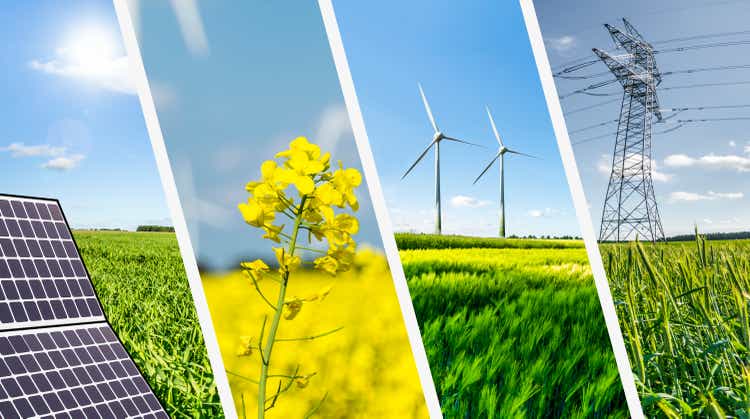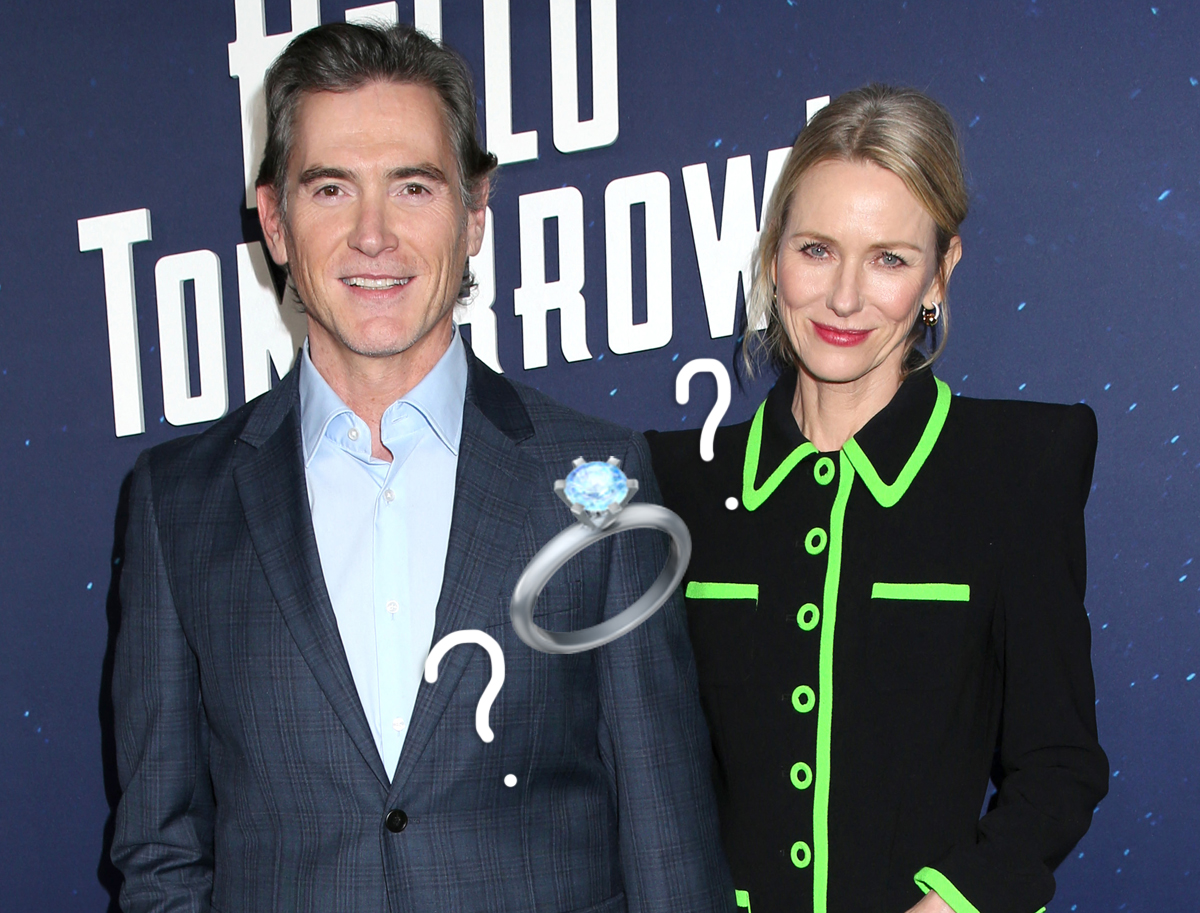Inheritances can be controversial because some people inherit enormous wealth while others inherit nothing or even debts. Due to this apparent inequity, even the archconservative economist James Buchanan supported massive inheritance taxes. By contrast, another free-market economist, Milton Friedman, argued such taxes are inefficient because they encourage people to consume during their lifetimes rather than save, which is better for economic growth. The monetary inheritances we receive, if any, from our parents are only a fraction of what we inherit in total. Over time, technology and knowledge are the primary inheritances that are passed down from one generation to the next. Meanwhile, we all benefit from them.
Consider a policy of universal basic income (UBI), whereby the government provides a minimum income to every member of society. Some oppose UBI on the grounds that it might discourage work. If the policy does have such an effect, then the much larger inheritance received in the form of advanced technology will likely have similar and perhaps more perverse disincentive effects in the future, irrespective of whether a UBI gets implemented. Those who oppose UBI should consider whether technology is to be opposed as well.
Inequality in our own time seems less troubling when placed in this broader context of inequality across time. It is hardly fair that my children were born at a time when home heating, the internet, and vaccines were commonplace, yet my ancestors had no electric lights, plumbing, nor automobiles to transfer them around. This is not to say large income and wealth disparities cannot be problematic. Inequality that arises as a result of corruption is deeply troubling, but perhaps the problem there is the corruption, and the inequality is just one of many negative byproducts.
The income difference between someone in the United States today versus, say, someone in rural Mexico or India is also substantial and largely due to the accident of where one happened to be born. However, such differences, while large, still seem relatively trivial compared to differences across time. Many of the poor in developing countries today have smart phones. And plumbing and electricity, while not universal, will likely be so in the not-too-distant future. The technology Bill Gates and I have access to is not all that different either, despite him being orders of magnitude richer than I am. Meanwhile, a king alive 400 years ago could not dream of enjoying my standard of living.
Today’s inequality can be frustrating because luck plays so much of a role in success. Nevertheless, there are some reasons to accept it. One reason is that acceptance frees us from such petty emotions as jealousy or envy. Once one recognizes that most successful people are not significantly more remarkable than anyone else, one finds little reason to be envious of them.
While successful people do tend to work hard, within the pool of hard workers, success is probably not all that related to merit, intelligence, or perseverance. Corporate titans like Elon Musk or Jeff Bezos appear smart because their companies thrive under their leadership, but if these individuals were not the ones at the helm of their respective industries, someone else with similar skills or a similar company would likely take their place and probably do close to as good a job if not better.
Steve Jobs may be a rare exception given his unique vision. Still, Apple seems to get by just fine without him.
It’s natural to feel frustrated by inequality when so much of it comes down to luck. But there is little reason we should expect markets to produce outcomes that conform with human conceptions of justice. Markets are evolutionary selection machines, not meritocracies. By this I mean, the market selects for the firms that make the most money, and there is no guarantee anyone working within successful companies achieved because they understood the nature of the market they were competing in. What matters is profit, not intent, and even after-the-fact it can be hard to discern why some methods or business practices worked and some failed. Yet individuals in successful industries and companies will be paid more regardless.
In some markets, network effects and increasing returns play such a dominant role that simply by virtue of being first to enter a market, a company can have a significant, long-lasting advantage. This hardly seems fair. But again, markets create wealth, not justice. Once one stops expecting them to produce justice, one will rarely be disappointed by them.
This may all seem like an argument for more redistribution, and perhaps to a degree it is. (This author favors at UBI, for example.) But to the extent redistribution impedes the operation of the wealth creation machine, it does so at the expense of passing on a richer world to our descendants. In an effort to reduce the “bad” kind of inequality within our time, we often end up reducing the “good” kind across generations as well. That’s a form of injustice too.
Maybe all inequality, including inequality across time, is bad, but I am skeptical. Instead, it seems likely that if there are ways to benefit the poor without sacrificing growth, then those practices should be prioritized over more naïve welfare-state redistribution schemes.
If the fortunate today have some moral duty or obligation to others, it may first be to save rather than help the poor today. Every dollar of investment cashed out to consume—even if for a good cause—gives up a potential stream of income in the future that could do vastly more good. Growing our own personal wealth by saving and investing is also something within one’s control, as compared to solving global inequality.
Yet there are other options. One of the best ways to kill two birds with one stone would be to invest in developing countries when it is safe to do so, and then to take a “buy and hold” strategy. Likewise, a UBI could be financed by an investment fund, much like exists in the state of Alaska today. These frameworks may present the most promising opportunities to obtain markets that deliver wealth and justice.
If we could change the past, perhaps we would have a stronger moral obligation to our ancestors than to addressing any inequality today. On the other hand, just as our actions affect the future, our ancestors made choices that had impacts on our own lives. No doubt many of these impacts were harmful. Just as we over-consume, lowering living standards in the future, our ancestors chose to consume income out of wealth that could have been invested, increasing welfare in our own time. In many cases they may be the ones who owe a debt to us, rather than the reverse. Yet nothing can be done about it.
Given these realities, it is not clear how much we should even care about inequality. To the extent we should care, we should focus on those solutions that help the poor today and leave behind a wealthier world simultaneously. The market mechanism is well-adapted to both purposes, but to take advantage of its power, we need to accept its impersonal, and yes, rather arbitrary, nature. The market tends to lift all boats but some boats rise faster than others. Accepting this result is hard, especially since addressing inequality provides so many people with a profound sense of purpose and meaning in their lives, even when their efforts are entirely in vain. Overcoming such biases is of the utmost importance if we are to ever succeed at building a world that is both rich and fair.
James Broughel is a Senior Fellow at the Competitive Enterprise Institute with a focus on innovation and dynamism.
















